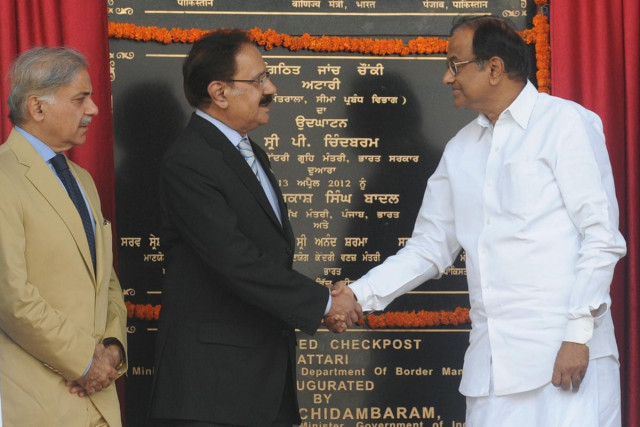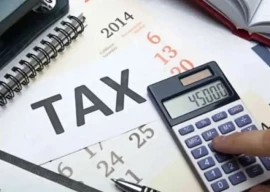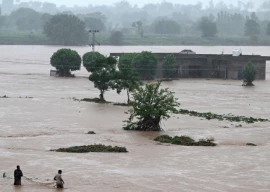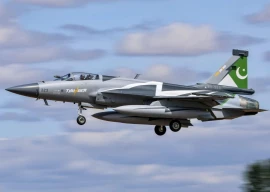
It is the two currencies that will likely produce delays on the India side as far as the real free trade is concerned. The Indian rupee is almost double the value of Pakistani rupee which means a lot of Pakistani goods will find easy market in India and anything brought into Pakistan through normal channels will not sell easy, as we may discover during the negotiations over import of Indian electricity. Yet on the other hand, India is residually protectionist as far as the Indian bureaucratic instinct is concerned and there are other formidable non-tariff barriers as well. India’s thinking about possible Pakistani investments into India is probably based on the Pakistani trend of seeking foreign safe havens after despairing over the future of law and order in the country. With the situation in Afghanistan far from certain, and with the Americans leaving in 2014, the expected blowback from the jihadi enthusiasm of Pakistan’s non-state actors, it is possible that capital will flow out of the country.
But will India make itself as open to foreign direct investment (FDI) as China and other Asian economies? So far the picture is not promising. Last year, a report on FDI in India was very critical on the basis of what foreign companies came up against: corruption and bureaucracy, obtaining land, exclusion from railways, legal services, majority stakes, insurance, domestic airlines, retail business, etc. The big foreign complaint is about lack of complete ownership of businesses. But the Indian bureaucracy is said to be waking up from its introverted slumber as global realities dawn and India becomes aware of the benefits it will reap by becoming the central engine of growth of the South Asian market. India’s neighbours, too, are waking up as well to all of this. Bangladesh has moved quickly to offer the infrastructure India needs to reach across Bangladesh. In Pakistan, both the PPP and the PML-N are in favour of opening up in the face of the activities of Pakistan’s non-state actors.
India’s energy crisis is going to stay as its economy requires steady growth and seeks to avoid the cycle of boom and bust, which means it will look to sources of energy in Central Asia with the help of territorially median Pakistan. On the other hand, Pakistan will have to learn to avoid jihad in neighbouring states or face a gradual failure of the state. It is already late given the dire state of Pakistan’s economy. The real rulers of Pakistan must think of survival now. Of course, the non-state actors are beyond redemption but the Pakistan military, one hopes, is on board.
Published in The Express Tribune, April 15th, 2012.













COMMENTS
Comments are moderated and generally will be posted if they are on-topic and not abusive.
For more information, please see our Comments FAQ